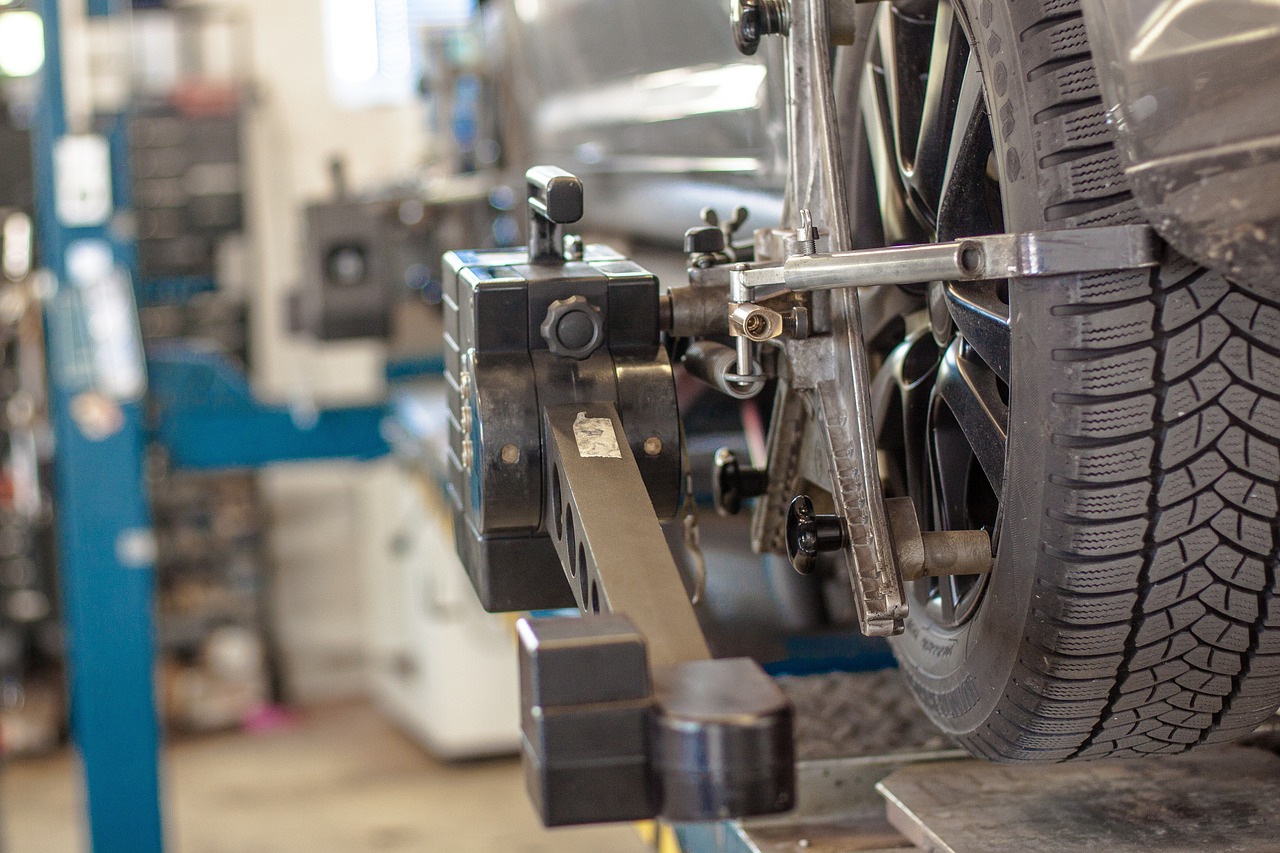DIY Car Repairs: When to Fix It Yourself and When to Seek Help

Introduction
Taking a do-it-yourself approach to car repairs can be a great way to save money and gain a deeper understanding of your vehicle. However, knowing your limits and recognizing when to call in a professional is crucial. With over 30 years in the finance industry, I’ve seen how the right balance between DIY and professional services can significantly impact your budget. This guide will help you navigate the world of car repairs, providing insights on when to fix it yourself and when to seek expert assistance.
1. Assessing Your Skill Level
Before diving into a DIY car repair, honestly assess your mechanical skills and experience. Some repairs are simple and safe for beginners, while others are complex and require specialized knowledge.
Actionable Tip:
Start with basic maintenance tasks like oil changes, air filter replacements, and tire rotations if you’re a beginner. As you gain confidence and skills, gradually take on more complex tasks. Use online resources, such as YouTube tutorials and car repair blogs, to educate yourself.
2. Safety First: Understanding Repair Risks
Safety should always be your top priority when performing car repairs. Some tasks, like brake repairs or dealing with electrical systems, come with significant risks if not done correctly.
Actionable Tip:
Invest in basic safety equipment like gloves, safety glasses, and a fire extinguisher. Never attempt repairs outside your comfort zone, especially if they involve critical safety systems. When in doubt, consult a professional to avoid potentially dangerous mistakes.
3. Cost vs. Savings: Analyzing Repair Costs
A primary motivation for DIY car repairs is saving money. However, consider the cost of tools, parts, and your time when evaluating the financial benefits.
Actionable Tip:
Compare the cost of DIY repairs to professional quotes. Sometimes, the savings may be negligible after accounting for tool purchases or if the job requires extensive time. Calculate the financial impact realistically before deciding.
4. Simple DIY Repairs: Tasks You Can Do Yourself
Some car repairs and maintenance tasks are straightforward and suitable for DIY. These tasks typically require minimal tools and technical knowledge:
- Oil and Filter Changes: Changing your car’s oil and filter is relatively simple and can be done with basic tools.
- Air Filter Replacement: Replacing the air filter is typically a quick process that requires no more than a screwdriver.
- Windshield Wiper Replacement: This simple task can improve visibility and is easy to perform.
- Battery Replacement: Swapping out an old battery is straightforward, but handle it with care to avoid electrical mishaps.
- Headlight and Taillight Bulb Replacement: Replacing burnt-out bulbs is usually simple and doesn’t require extensive knowledge.
Actionable Tip:
Invest in a good set of basic tools, such as a socket set, screwdrivers, and pliers. Keep your vehicle’s manual handy for specific instructions and reference.
5. Intermediate DIY Repairs: For the More Experienced
If you have some mechanical skills and confidence, you can tackle more complex repairs. These tasks typically require more tools and understanding:
- Brake Pads and Rotors Replacement: Replacing brake pads and rotors requires precision and proper tools.
- Spark Plug Replacement: Changing spark plugs can enhance engine performance, but proper gapping and installation are crucial.
- Thermostat Replacement: This task involves dealing with your car’s cooling system, requiring more knowledge and care.
Actionable Tip:
Use repair manuals or service guides specific to your vehicle for detailed instructions. Online forums and video tutorials can provide additional support and detailed walkthroughs.
6. Complex Repairs: When to Seek Professional Help
Certain repairs should always be left to professionals due to their complexity and potential safety hazards:
- Transmission Repair or Replacement: Transmission work is highly complex and best handled by experts.
- Engine Rebuilds: Rebuilding an engine requires specialized knowledge and tools.
- Advanced Electrical Work: Modern cars have intricate electrical systems that professionals should handle.
- Suspension Repairs: Issues with suspension components can significantly affect vehicle safety.
Actionable Tip:
Get multiple quotes from reputable mechanics for complex repairs. Use review sites and get recommendations from friends or family to find trustworthy service providers.
7. Diagnostic Tools and Resources
Investing in diagnostic tools can help you better understand your car’s issues before deciding whether to tackle the repair yourself or seek professional help.
Actionable Tip:
Purchase an OBD-II scanner to read diagnostic trouble codes from your vehicle’s computer. Use online resources like forums or repair databases to interpret the codes and understand potential solutions.
8. Evaluating Your Time and Effort
Consider the time and effort required for a repair. Some DIY tasks can be time-consuming, and balancing them with your schedule is essential.
Actionable Tip:
Estimate the time needed for the repair and compare it to your availability. For extensive or time-sensitive repairs, seeking professional assistance might be more practical and less stressful.
9. Learning Through Experience
Gaining hands-on experience with car repairs can be educational and empowering. Start small and gradually take on more challenging tasks.
Actionable Tip:
Join local car enthusiast groups or online communities for support and knowledge-sharing. Attend workshops or take automotive repair classes to enhance your skills and confidence.
10. Planning for Long-Term Maintenance
Regular maintenance is key to preventing major repairs and ensuring your car’s longevity. Create a maintenance schedule to keep track of essential tasks.
Actionable Tip:
Follow your vehicle’s recommended maintenance schedule as outlined in the owner’s manual. Regular tasks like oil changes, tire rotations, and fluid checks can prevent costly repairs down the line.
Conclusion
Balancing DIY car repairs with professional assistance can save you money and enhance your understanding of your vehicle. Start with simple tasks, assess your skill level honestly, prioritize safety, and know when to call in the experts. With the right approach, you can enjoy the benefits of DIY car maintenance while ensuring your car remains in top condition.
Begin exploring the world of DIY car repairs today to take control of your vehicle’s maintenance and potentially reduce your automotive expenses. For more detailed guides and professional advice, explore our website or consult with certified automotive technicians.






